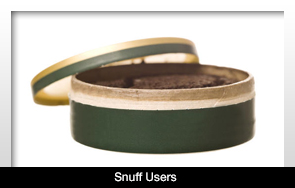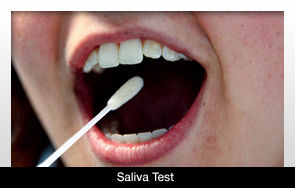Study Proves Snuff Users Having Fewer Dental Caries is a Myth
Written by Dentistry TodayTuesday, 27 November 2012 12:41
 |
The theory, according to some, was that snuff users were at a lower risk for developing dental caries. But there was never really anything to back that up.
And now a study proves that the notion of snuff users being at a lower risk for dental caries is false. The Sahlgrenska Academy at the University of Gothenburg in Sweden conducted a study that indicated the carbohydrates and starch present in snuff actually increase the risk of developing cavities.
The study also shows that the snuff users weren’t at an increased risk for developing cavities, either. Still, snuff users need to be more careful about their dental health than people who don’t use stuff for all of the obvious reasons. In fact, nicotine-free snuff may be even worse than nicotine-containing snuff because of the increased starch (26 percent) and increased carbohydrates (6.5 percent) in that form.
The results from the study only included information from the snuff products studied. That doesn’t necessarily mean the information about all snuff products is the same.
The study also showed that tobacco use has decreased during the last two decades. Conversely, the number of snuff users has risen during the same time frame.
The study also concluded that single men were more likely to use tobacco than married men. There was no correlation with regards to education level or income.

